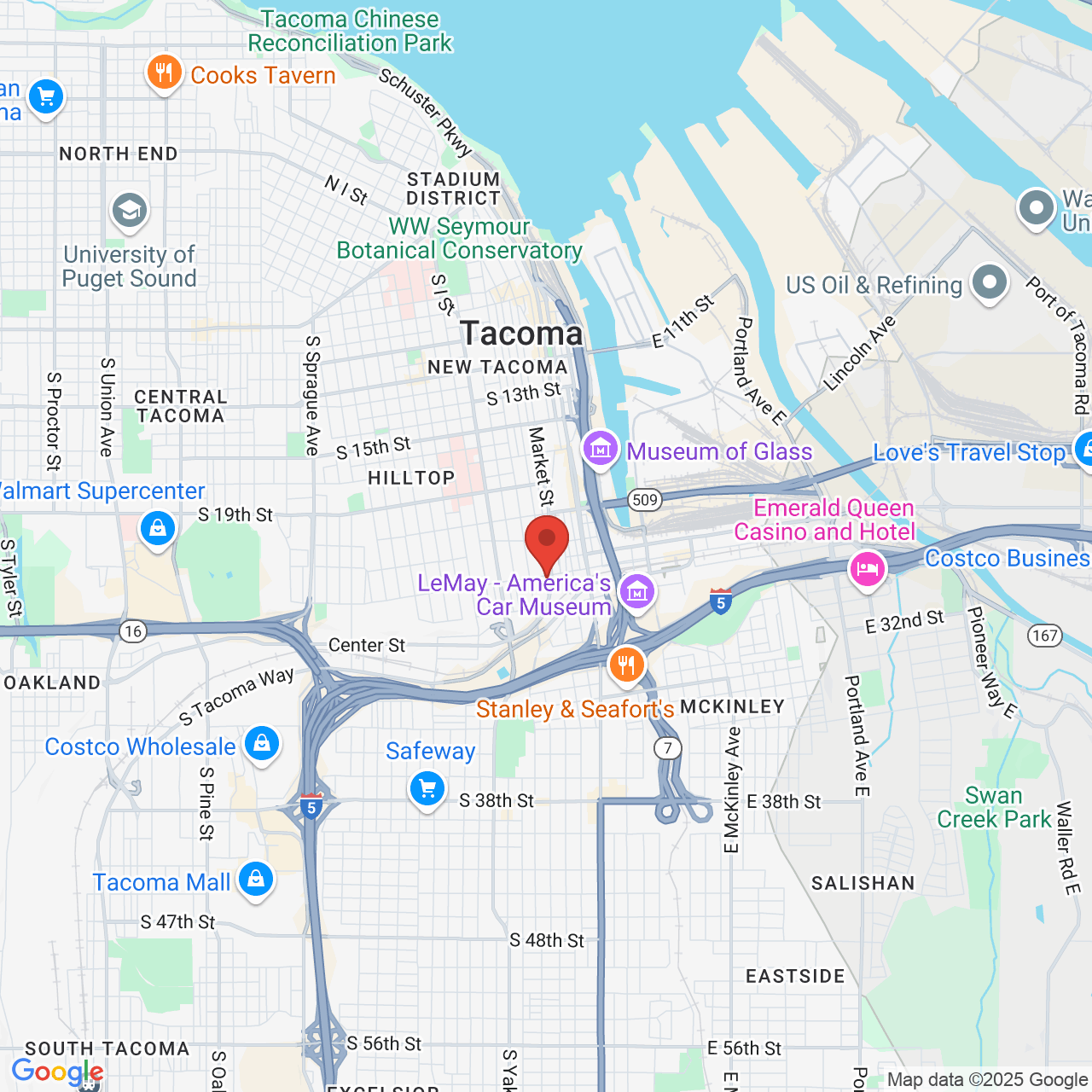Uber Lawsuit: Protecting the Rights of Drivers and Passengers
Driving services such as Uber and Lyft have opened up many doors to both consumers and workers. However, many are left with a lack of legal protection by these new companies’ basic policies. If you are an Uber user, or if you work for the company, and you have been injured or experienced losses, you may need to file an Uber lawsuit. The law firm of Cochran Douglas can help. Schedule a consultation at our Tacoma, WA, law office today.
The Legal Conundrum Surrounding Uber
 Services such as Uber and Lyft are defined as companies that help paying passengers find drivers who can transport them in non-commercial vehicles. Collectively called transportation network companies, or TNCs, they have destabilized taxi markets with fast responses and lower prices. But while the absence of heavy regulations allows Uber other TNCs to offer cheaper fares than taxis, it also guarantees fewer protections for drivers and riders. Part of the reason taxis are so much more expensive is because the system has decades of regulations and protections in place.
Services such as Uber and Lyft are defined as companies that help paying passengers find drivers who can transport them in non-commercial vehicles. Collectively called transportation network companies, or TNCs, they have destabilized taxi markets with fast responses and lower prices. But while the absence of heavy regulations allows Uber other TNCs to offer cheaper fares than taxis, it also guarantees fewer protections for drivers and riders. Part of the reason taxis are so much more expensive is because the system has decades of regulations and protections in place.
Unfortunately, the law is always slow to catch up with big changes, especially those in technology. While individual victories have been won, it will be some time before more comprehensive legal protections are set in place for TNC drivers and riders.
Unlike taxi drivers, who drive commercially-owned vehicles and are considered employees, Uber drivers are independent contractors. Workers' compensation and other employee rights are not available to them.
Common Concerns
It is important for both riders and drivers to be aware of these legal gaps before hailing a car or contracting with the company. Using Uber as a case study, some of most common concerns include:
Insurance Coverage
According to Uber’s official policy, there is meant to be coverage from when a driver accepts a request to the end of that trip. While the specific numbers may vary from case to case, the insurance will typically pay up to $1 million dollars for a single accident or an injury to a single person.
However, this still leaves much legal ground untouched:
- What if the driver has apps for multiple TNC’s?
- What if the driver is using their personal vehicle?
- What if Uber’s insurance denies a claim for an accident that occurred without a passenger because it was an excluded business activity?
- What if an accident occurs in the ten to fifteen seconds between receiving a request and accepting it?
This final question is especially important. The demand for a fast response coupled with the distraction of immediate traffic can place drivers at a significantly increased risk of an accident.
Rider Safety
In addition to questions regarding the risk of accident-related injury, many have raised concerns about insufficient background checks. The steadily climbing number of reported crimes tied to TNC drivers has climbed, potential riders and lawmakers are left with questions about the effectiveness of the company’s screening system and whether they can guarantee a customer’s safety.
Workers' Rights
Unlike taxi drivers, who drive commercially-owned vehicles and are considered employees, Uber drivers are independent contractors. As a result, workers' compensation and other employee rights are not available to them. Furthermore, because they own the cars used for transportation, they are the ones responsible for dealing with any damage to the vehicle. Drivers consequently take on considerable risk when contracting with a TNC.
Contact Us Today
The lawyers at Cochran Douglas can protect your rights as a consumer or a contractor. Our team can help you obtain medical treatment for your injuries and find applicable insurance coverage. Reach out to our office today to schedule a consultation and discuss your case with a legal professional.


